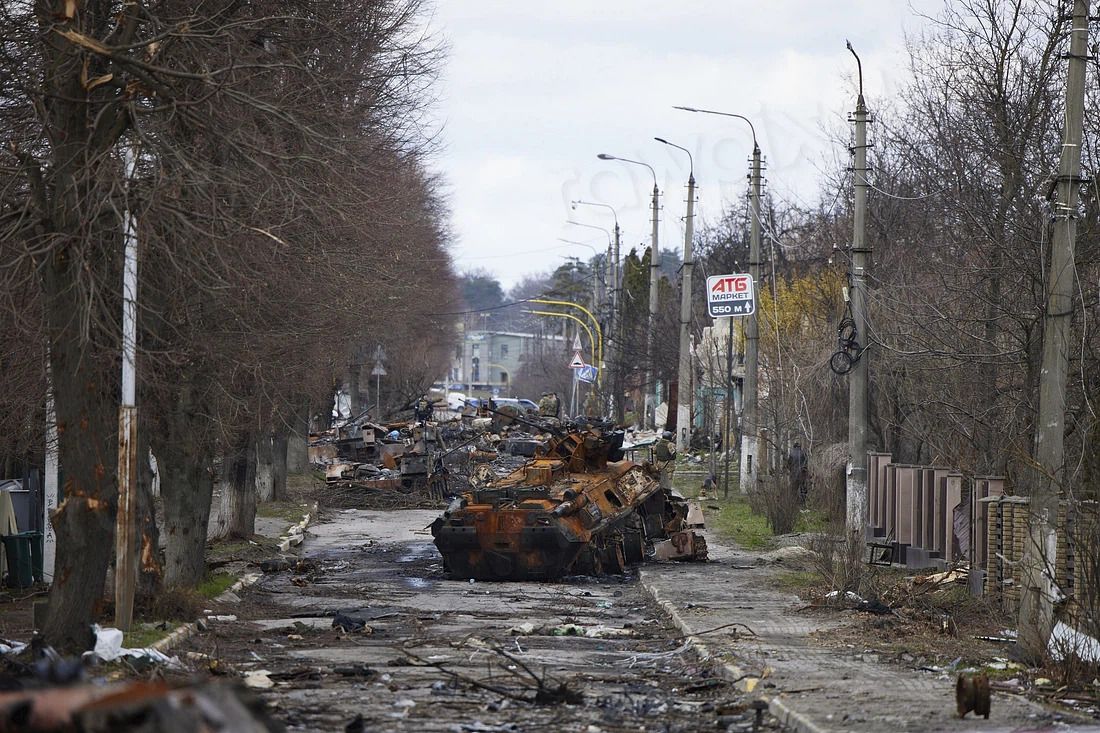PICTURED: A giant pangolin (Smutsia gigantea) in the Maasai Mara. The pangolin is the most-trafficked animal on the planet.
Singapore, July 23rd, 2019. Singapore customs officials in coordination with the Singapore National Parks Board and the Chinese General Customs Administration seized 11.9 tonnes of pangolin scales and 8.8 tonnes of elephant ivory bound for Vietnam from the Democratic Republic of Congo.
According to Al Jazeera, “The seized pangolin scales and elephant ivory will be destroyed to prevent them from re-entering the market,” a statement said. This was Singapore’s third largest single seizure of pangolin scales, and largest elephant ivory seizure to date.
In a statement the National Parks Board sternly denounced the trade in ivory and pangolin scales as having “no basis in science.” They estimated the harvesting of the parts likely resulted in the deaths of 2,000 giant pangolins and 300 African elephants.
“The loss of these pangolins serve a demand that has no scientific basis, as the scales of these gentle ant-eaters are made of keratin, the same materials as our skin and hair. Similarly, elephant tusks are elongated incisors no different from our teeth. Yet their ivory is sought after for use in ornaments, jewellery, and traditional medicine,” read a statement on the NPB Instagram.
“The loss of these Giant Pangolins and African Elephants, which are both classified by IUCN as Vulnerable, would have an adverse impact on their native ecosystems. This is why Singapore does not condone illegal trade in CITES-listed species, including their parts and derivatives. We will continue to work with our fellow agencies to play our part in the global effort to tackle the illegal trade in wildlife.”
While Singapore has a uniquely advantageous position in the fight against the illegal wildlife trade due to their centrality in East Asian trade routes, they also represent a stronghold of organized crime which is thought to be among the largest procurers of illegally harvested wildlife parts.
“Singapore has always been inadvertently implicated in the global ivory trade for two reasons: its global connectivity, as well as the presence of a small domestic market where pre-1990s ivory can be legally sold,” said Kim Stengert, chief communications officer for World Wildlife Fund (WWF) Singapore.
“The consistency of these large-scale seizures is strong evidence of organised crime behind illegal wildlife trade coming through or into Singapore.”
Earlier in July, Singapore was one of 109 countries that participated in a massive crackdown on shipments and sale of illegally acquired animals, timber, and animal parts that represented the largest operation targeting illegal wildlife trade ever conducted.
There are many groups trying to prevent the various species of pangolins on earth from becoming extinct due to demand for their scales. Pangolin Specialist Group is a professional research program that helps make action plans which larger conservation organizations can carry out to protect the scaly anteater.
Pangolins need money and heroes. Share our story on social media, you never know who might read it and decide to help!


